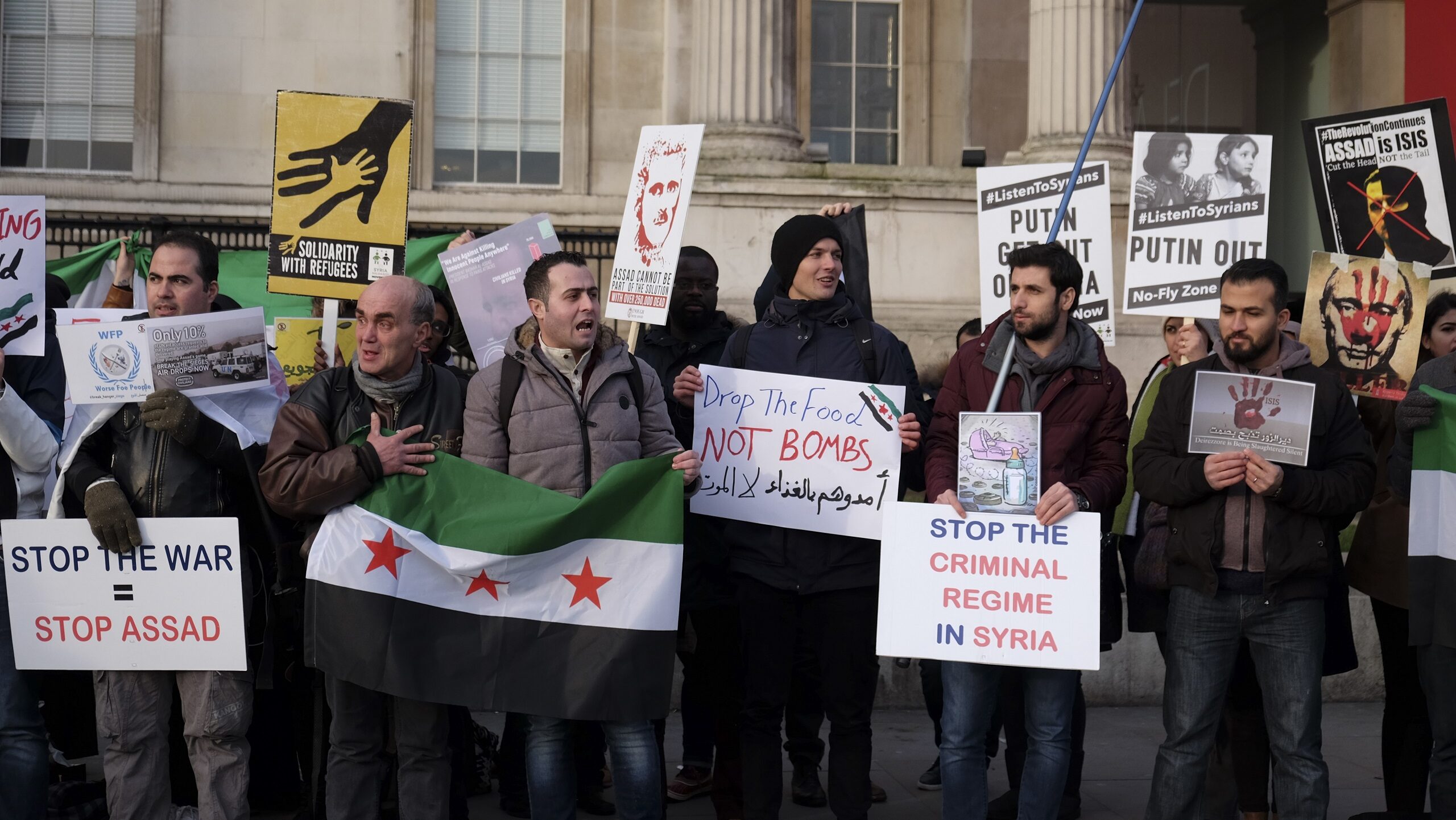Then They Wonder Why People Hate Hezbollah
Okaz, Saudi Arabia, September 25
In the summer and fall of 2015, the Syrian city of Madaya endured one of the most harrowing sieges of the 21st century. This siege exemplified the utter cruelty and brutality employed by Hezbollah militias. They deprived the city’s residents of basic human rights, cutting off access to food and medicine, resulting in the deaths of many children, the sick, and the elderly. This instance is but one chapter in a long series of atrocities committed by these militias against the Syrian people. Hezbollah’s crimes in Syria began in the Al Qusayr region, where its forces carried out horrific massacres, razed entire villages and towns, and expelled the residents of the city of Al Qusayr, transforming it into a scene rife with sectarian violations. The militias have not ceased their campaigns of violence and destruction, spreading their reach from Deir ez-Zur in the east to Aleppo in the north, from Daraa in the south to Al-Qalamoun and the Syrian desert, extending even to Damascus and its surroundings. What further fuels animosity towards Hezbollah is the fact that their violence targets not only combatants but also unarmed civilians. Adding to their list of crimes, Hezbollah facilitated the movement of extremist groups, transporting them in air-conditioned buses to ISIS-controlled areas in eastern Syria through clandestine deals, making it evident that their primary hostility is against the Syrian people, not military organizations. Instead of expressing remorse for these brutal acts, Hezbollah leader Hassan Nasrallah continued to antagonize the Syrians with his arrogant declarations, boasting his readiness to deploy more fighters to Syria, as if the killing of innocents is an end in itself. Nasrallah claimed that the path to Jerusalem runs through the Syrian cities devastated by his militias, twisting Syria into an arena for his twisted historical grudges. Hezbollah’s destabilizing activities are not confined to Syria. Their reach extends to Yemen, where they dispatched fighters to support terrorist militias against Arab countries, chiefly the Kingdom of Saudi Arabia. These militias have not hesitated to target Muslim holy sites, thwarted only by the Saudi army’s intervention. It is particularly outrageous that these heinous acts are committed under the guise of religion and resistance, while in reality, these militias target innocents wherever they go. Political rivalry, by nature, stems from differing interests and positions and can be seen as a natural phenomenon. However, when this rivalry escalates into bloody assaults on civilians, it transcends into boundless enmity and hatred. Hezbollah does not merely participate in political conflict but engages in the murder of civilians and the devastation of societies in Syria, Lebanon, and Yemen. They cultivate, trade, and manufacture drugs and oversee organized crime, further justifying public outrage against them. Political disputes may be debated and resolved, but how can one contend with those who have turned the killing of innocents, the destruction of societies, and the devastation of homelands into an objective? And then they wonder why people harbor such hatred for Hezbollah’s terrorist militias. —Rami Al-Khalifa Al-Ali (translated by Asaf Zilberfarb)
Give the gift of hope
We practice what we preach:
accurate, fearless journalism. But we can't do it alone.
- On the ground in Gaza, Syria, Israel, Egypt, Pakistan, and more
- Our program trained more than 100 journalists
- Calling out fake news and reporting real facts
- On the ground in Gaza, Syria, Israel, Egypt, Pakistan, and more
- Our program trained more than 100 journalists
- Calling out fake news and reporting real facts



